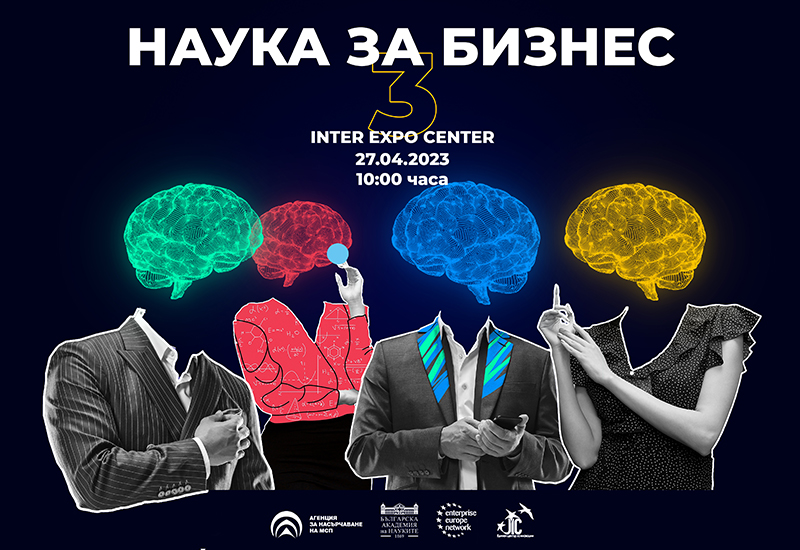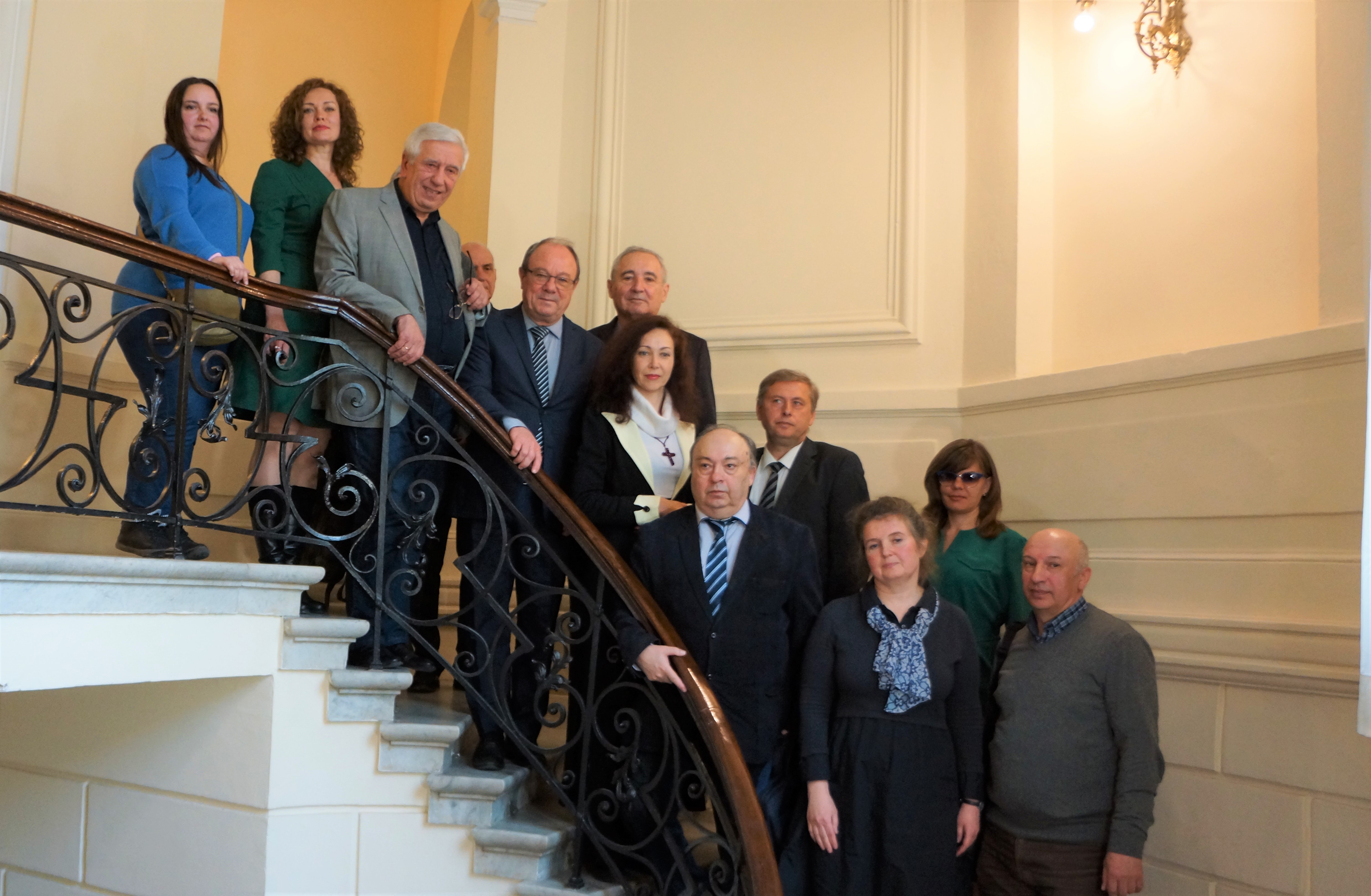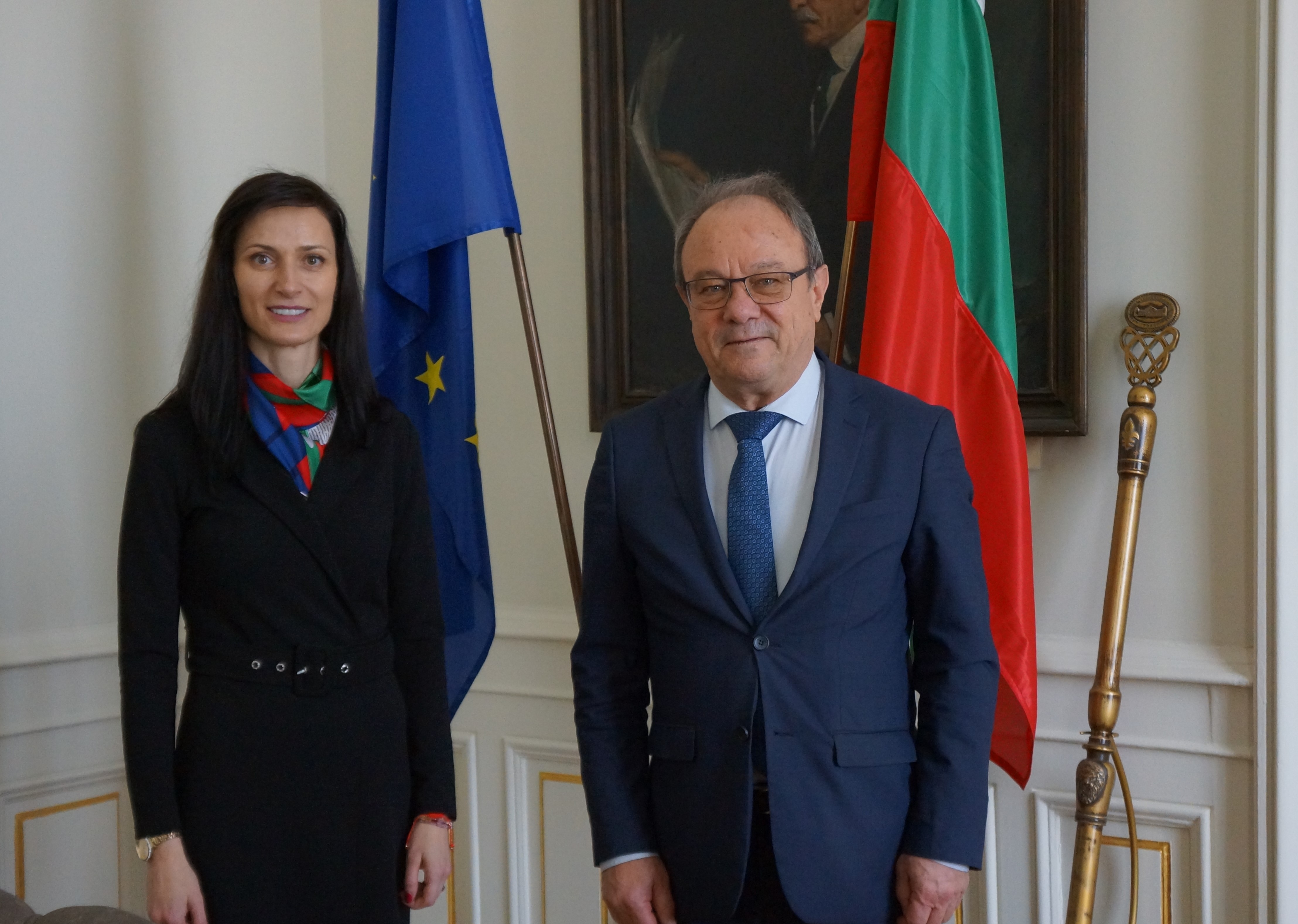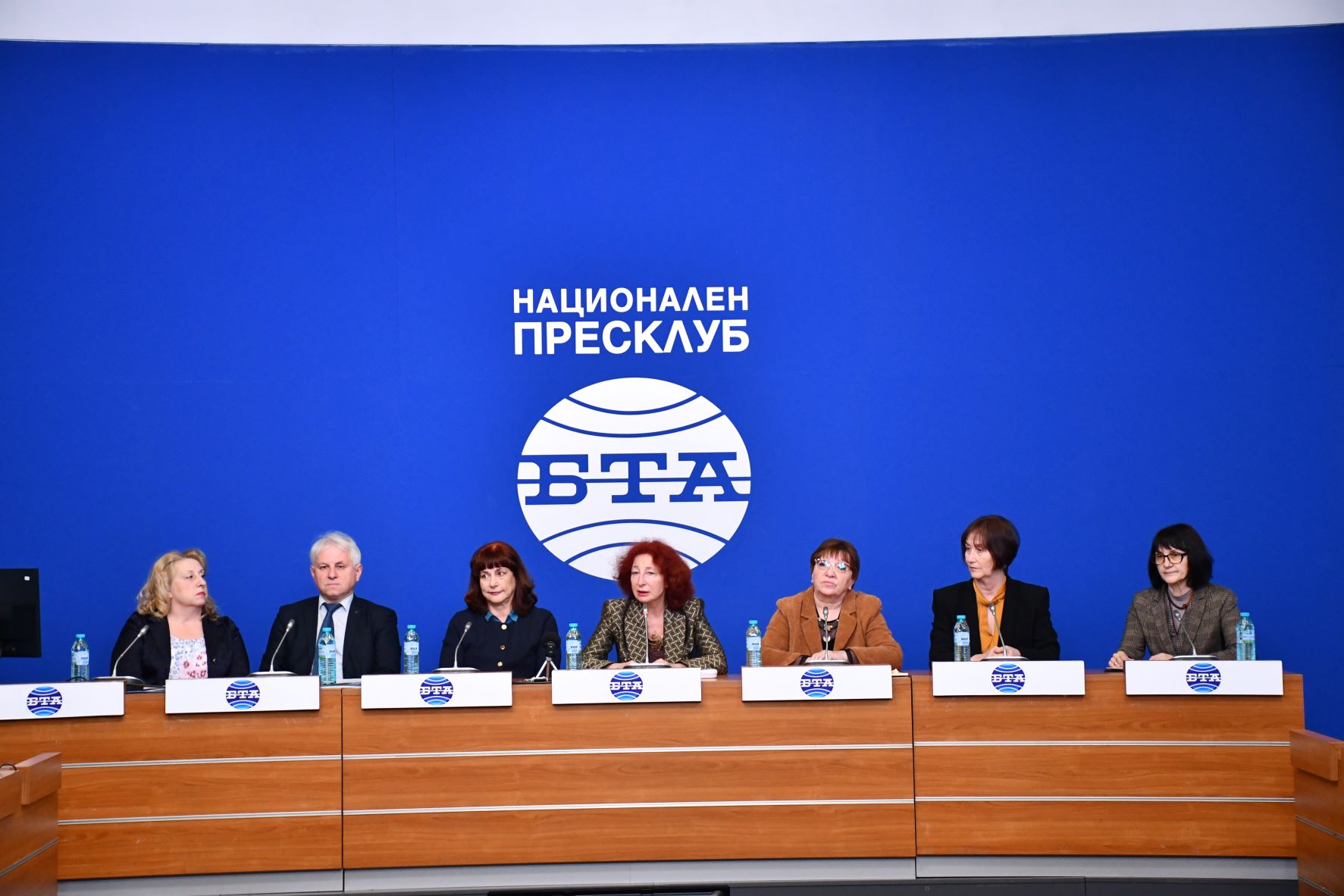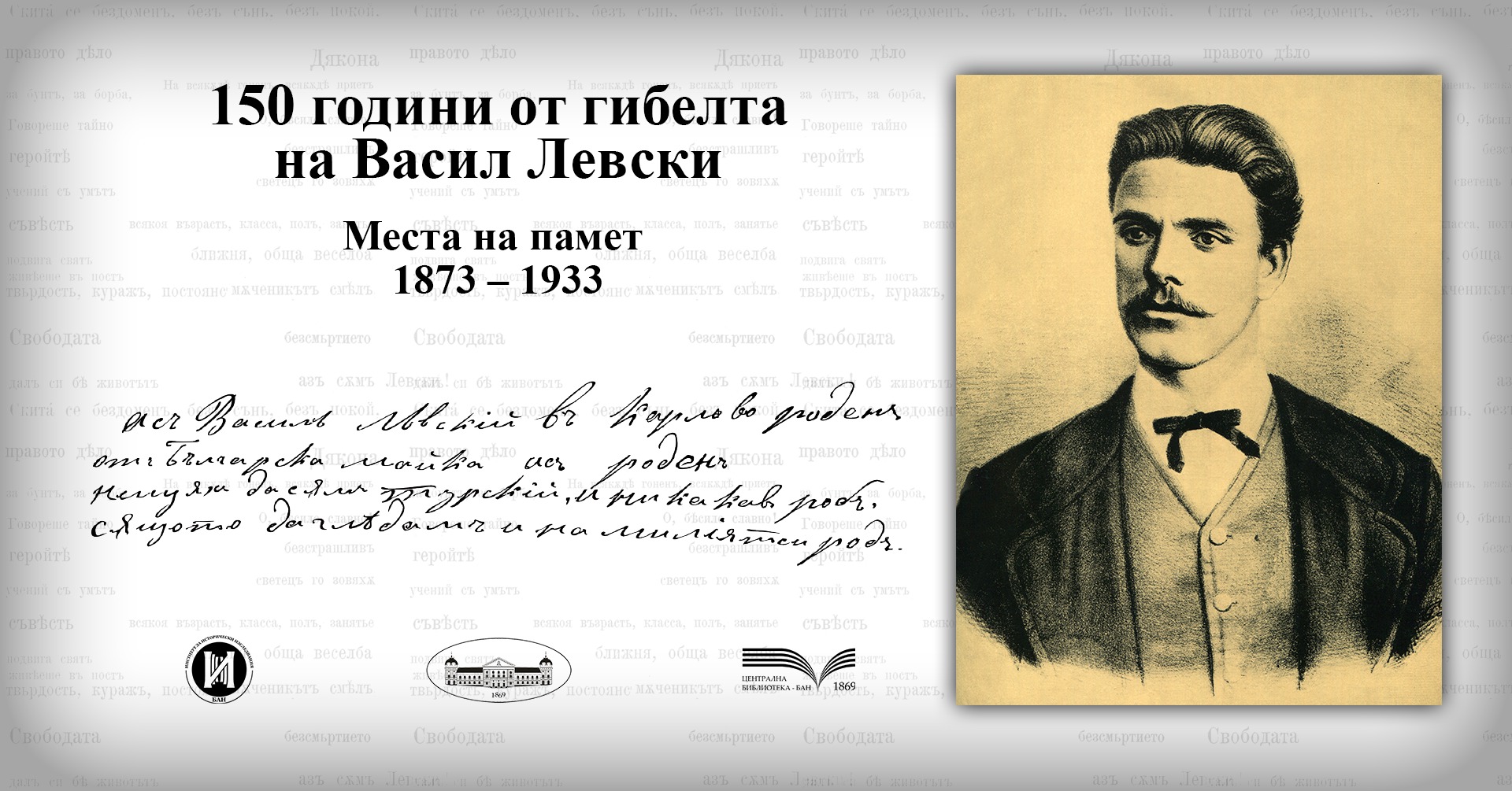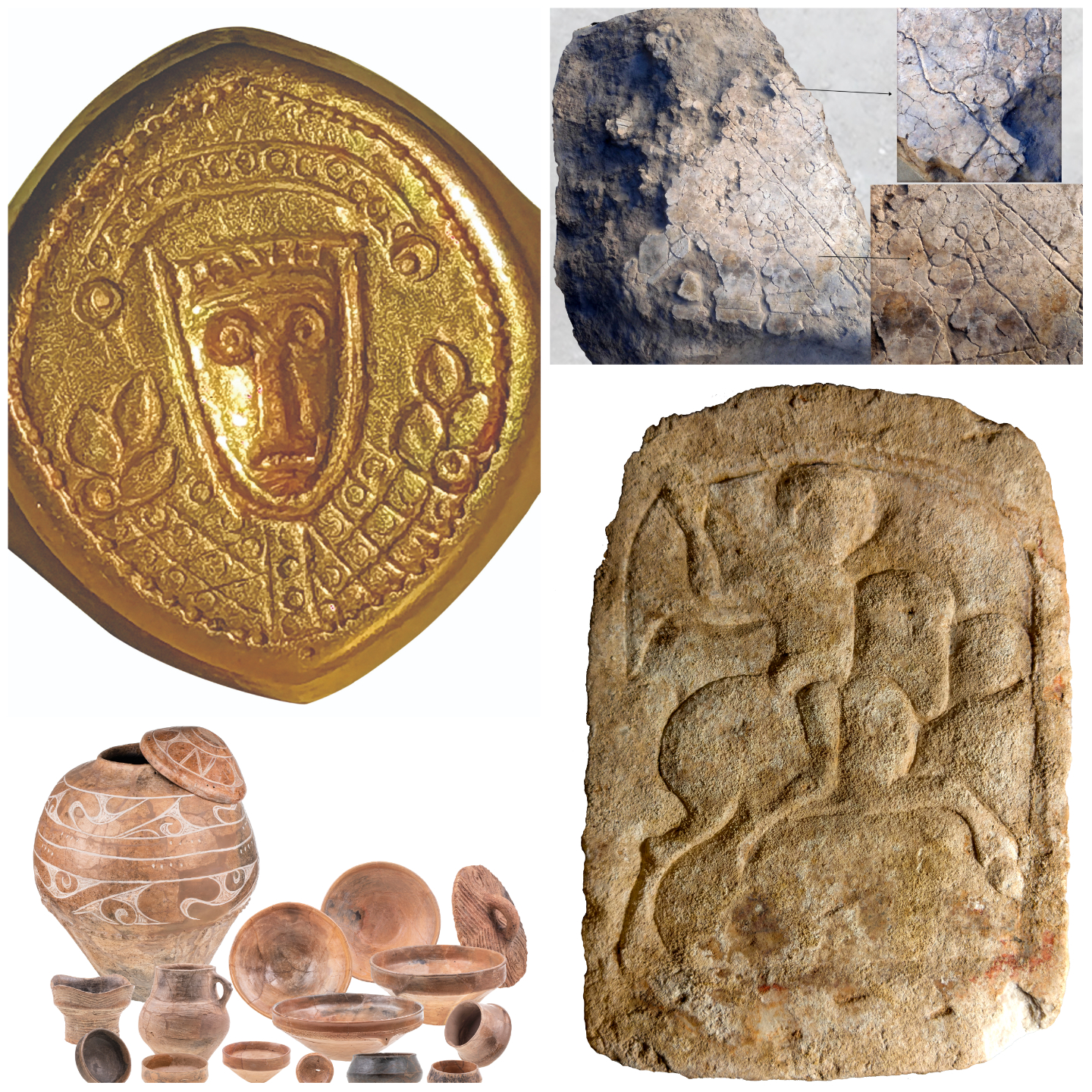The Science for Business event of BAS and BSMEPA returns for the third time with the Academy’s most interesting developments ready to become a successful business
The event will take place on 27 April at Inter Expo Center and will showcase a number of presentations and an expo area with the most interesting prototypes and technologies. For the third consecutive year, the event of the Bulgarian Academy of Sciences and the Bulgarian Small and Medium Enterprises Promotion Agency "Science for Business" will present the most interesting developments of the Academy, ready to become a successful business or to help it in the optimization of processes. The event will take place on 27 April at 10.00 am at Inter Expo Center and will showcase a number of presentations and an expo area where you will be able to get acquainted with Bulgaria's first hydrogen electric car; new sensor technology for seismically active [...]


